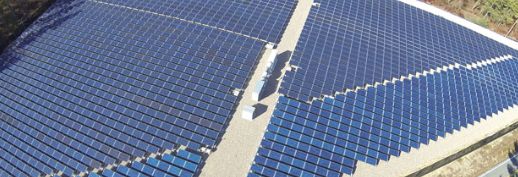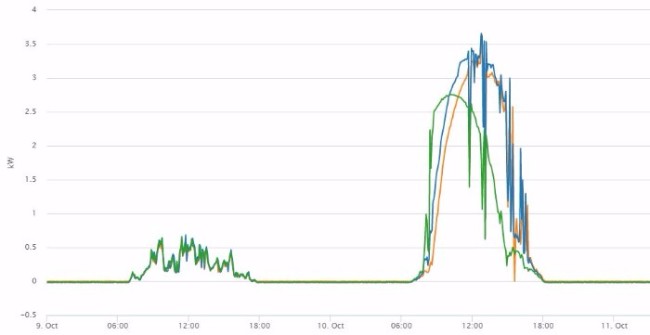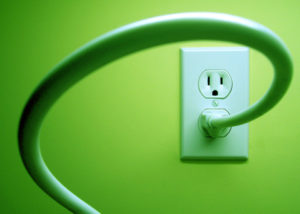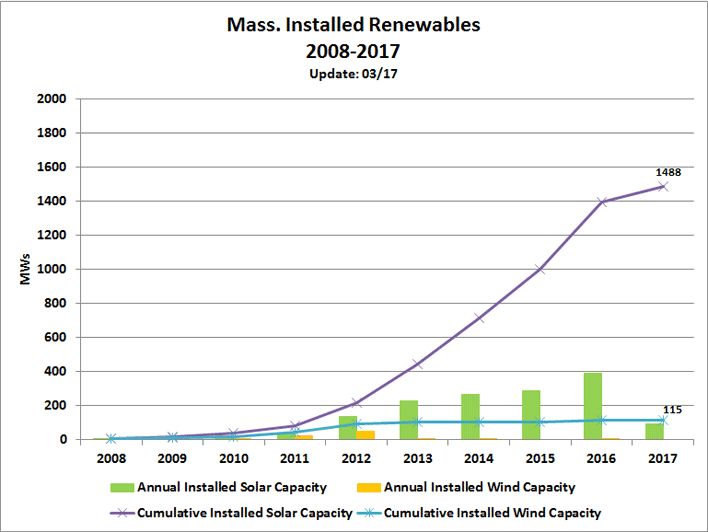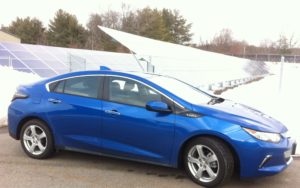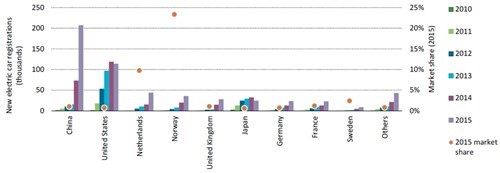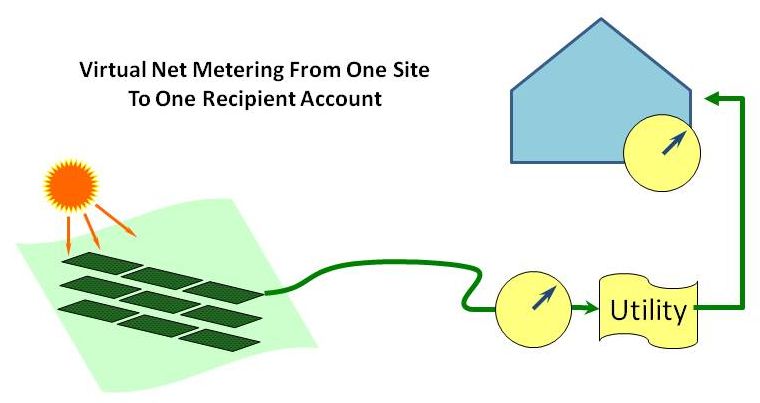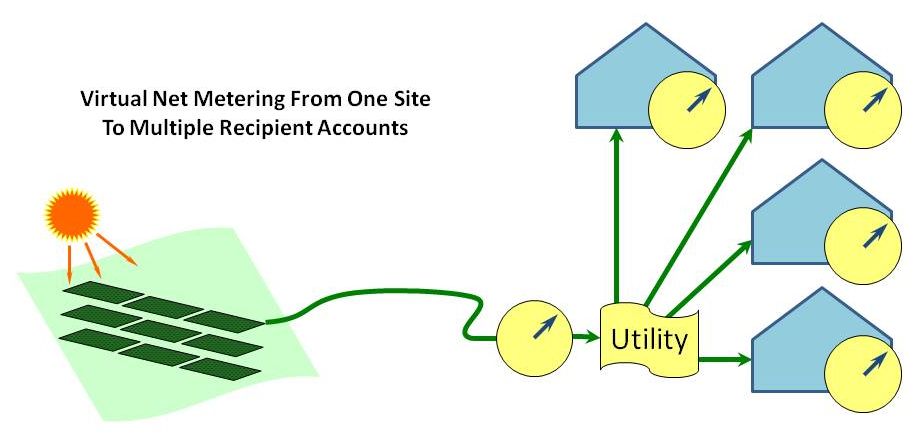 Serving solar owners and renewable energy clients every day takes unique dedication and expertise. Our mission at Suntility is to help our clients make the most of their clean energy and that starts with thinking of the project as if it were our own. That is because managing a solar project over the lifetime of the project requires numerous cost-benefit decisions to maximize project investment. Those decisions include appropriately and regularly analyzing the performance of a clean energy project, quickly identifying any operational or revenue deficiencies, and economically resolving those deficiencies. These are all essential components to successful operations and maintenance, as well as successful management of the revenue streams and cost savings.
Serving solar owners and renewable energy clients every day takes unique dedication and expertise. Our mission at Suntility is to help our clients make the most of their clean energy and that starts with thinking of the project as if it were our own. That is because managing a solar project over the lifetime of the project requires numerous cost-benefit decisions to maximize project investment. Those decisions include appropriately and regularly analyzing the performance of a clean energy project, quickly identifying any operational or revenue deficiencies, and economically resolving those deficiencies. These are all essential components to successful operations and maintenance, as well as successful management of the revenue streams and cost savings.
Putting ourselves in the shoes of our clients and helping them maximize the investments they’ve made in their projects is paramount to their success and likewise Suntility’s success. Solar is like any other investment. It has an inevitable amount of servicing and attention required to ensure it is performing properly and so that the owner of that asset is in the strongest position possible at the best value.
Our services have been tailored specifically to the needs of clean energy projects. That means striking the proper balance between proactive management and light touch servicing. Because of that our clients enjoy stronger operational and financial performance, and not to mention, the peace of mind that comes with knowing that we’re on top of things. To learn more about how we can work with you to optimize your clean energy facility reach out to us for a free consultation.
Suntility is your trusted partner in success. Suntility provides renewable energy maintenance services, net metering credit services, owner’s agent services and consulting solutions to optimize facility reliability, performance and value.
To learn more contact us at 508-538-4Sun


